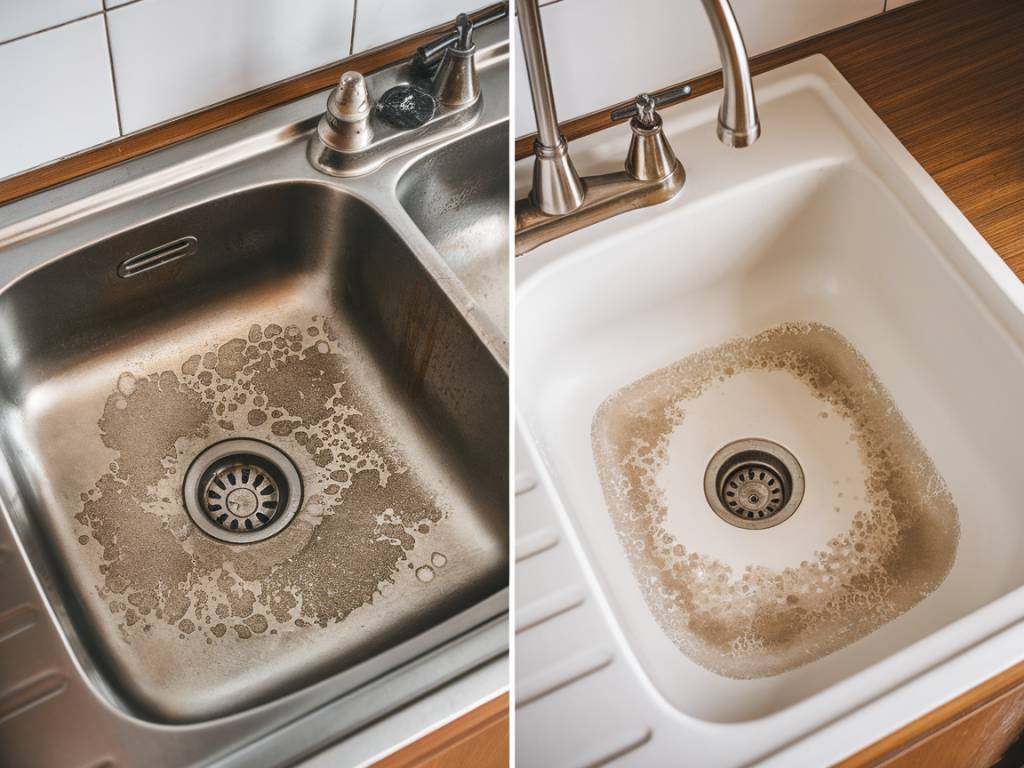Salt-Based vs. Salt-Free Water Softeners: Which One Is Right for You?
Hard water can be a silent nuisance in your home, causing buildup in pipes, reducing appliance efficiency, and leaving your skin and hair feeling dry. If you’re looking for a solution, you’ve likely come across two main types of water softeners: salt-based and salt-free systems. But which one is the right fit for your home?
In this guide, we’ll break down the key differences, advantages, and limitations of each option, helping you make a well-informed decision.
Understanding Hard Water and Why It Matters
Hard water contains high levels of minerals like calcium and magnesium. While not harmful to your health, these minerals can wreak havoc on your plumbing, appliances, and even your own comfort:
- It causes scale buildup in pipes and water heaters, reducing efficiency.
- Soap and detergents don’t lather well, leading to higher usage.
- It makes skin feel dry and hair dull after showering.
- Spots and streaks appear on dishes and glassware.
To resolve these issues, many homeowners turn to water softeners—but should you go for a salt-based or a salt-free system?
How Do Salt-Based Water Softeners Work?
Salt-based water softeners operate through a process called ion exchange. They replace hard minerals like calcium and magnesium with sodium or potassium ions, effectively removing the culprits behind scale buildup.
Here’s a simple breakdown of how they work:
- Hard water flows through a resin tank filled with tiny beads that hold sodium ions.
- As water passes through, the beads capture calcium and magnesium, replacing them with sodium.
- Regular « regeneration » cycles wash away collected minerals and recharge the system with more sodium.
Benefits of Salt-Based Water Softeners
- Effectively eliminates scale buildup and extends the life of plumbing and appliances.
- Leaves clothes softer and brighter after laundry.
- Improves soap and detergent effectiveness, reducing usage.
- Makes hair and skin feel smoother and less dry.
Downsides of Salt-Based Softeners
- Require frequent salt refills and routine maintenance.
- Use large amounts of water for regeneration, which may not be eco-friendly.
- May not be ideal for people on low-sodium diets (though potassium-based options exist).
How Do Salt-Free Water Softeners Work?
Unlike salt-based models, salt-free water softeners don’t actually « soften » water in the traditional sense. Instead, they condition water using a process called Template-Assisted Crystallization (TAC). This transforms calcium and magnesium minerals into microscopic crystals that don’t stick to surfaces, preventing scale buildup.
Benefits of Salt-Free Water Softeners
- Prevents scale buildup without adding sodium to water.
- Does not require electricity or water for regeneration.
- Requires little to no maintenance.
- More eco-friendly as no wastewater is produced.
- Keeps essential minerals in the water, which can be beneficial for health.
Downsides of Salt-Free Softeners
- Do not completely remove hard minerals—only prevent scaling.
- May not be effective in areas with extremely hard water.
- Does not provide the « soft » water feel that traditional softeners do.
Which One Should You Choose?
The decision between a salt-based and salt-free water softener depends on your water quality, priorities, and preferences.
- Choose a salt-based softener if: You have very hard water, want completely soft water with no mineral content, and don’t mind refilling salt and managing regular maintenance.
- Choose a salt-free softener if: You’re looking for a low-maintenance, eco-friendly option that prevents scale buildup without removing beneficial minerals.
Final Thoughts
Both salt-based and salt-free water softeners have their place, depending on your needs. If you want truly soft water with maximum lather and no mineral interference, a salt-based system is the way to go. However, if you prefer a hassle-free, environmentally friendly solution that minimizes scale without removing minerals, a salt-free conditioner may be your best bet.
Still unsure? Consider testing your water hardness and factoring in maintenance costs to determine the most suitable choice for your home. Investing in the right system ensures better water quality, improved appliance longevity, and a more comfortable lifestyle.
